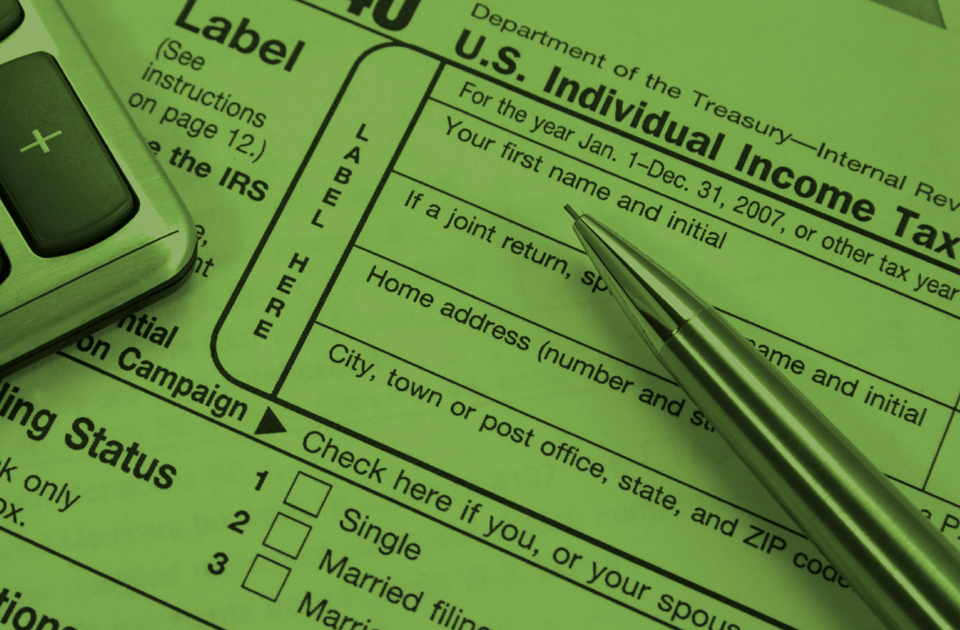
On April 27, 2011, the California Supreme Court declined to review the Court of Appeal’s decision in Nortel Networks, Inc. v. State Board of Equalization. This precedential decision may have far reaching implications on the taxation of pre-written software, or “canned software”, for sales and use tax purposes. Examples of canned software include Microsoft Office, Quickbooks, and other software programs.
Historically, the sale or lease of canned software has been subject to California sales or use tax if it was delivered via a physical media, such as a diskette or CD-ROM. On the other hand, the sale of custom software and licensing agreements (computer programs that have been created and tailored to the specific needs of an end customer) have traditionally not been subject to California sales or use tax under the Technology Transfer Agreement (“TTA”) provisions. A TTA is defined as “any agreement under which a person who holds a patent or copyright interest assigns or licenses to another person the right to make and sell a product or to use a process that is subject to the patent or copyright interest.” However, regulations issued by the SBE provided that a TTA “does not mean an agreement for the transfer of prewritten software.”
In the underlying case, the California Court of Appeals held that a license of certain prewritten software met the California sales and use tax exemption for transfers of intangible property pursuant to a Technology Transfer Agreement (“TTA”) under the applicable state statutes. Moreover, the appellate court also held that the State Board of Equalization (“SBE”) had exceeded its authority by issuing regulations that excluded all prewritten software programs from the definition of a TTA.

